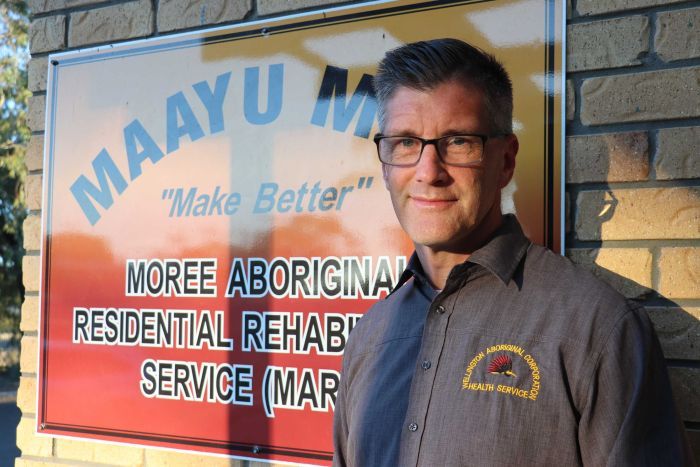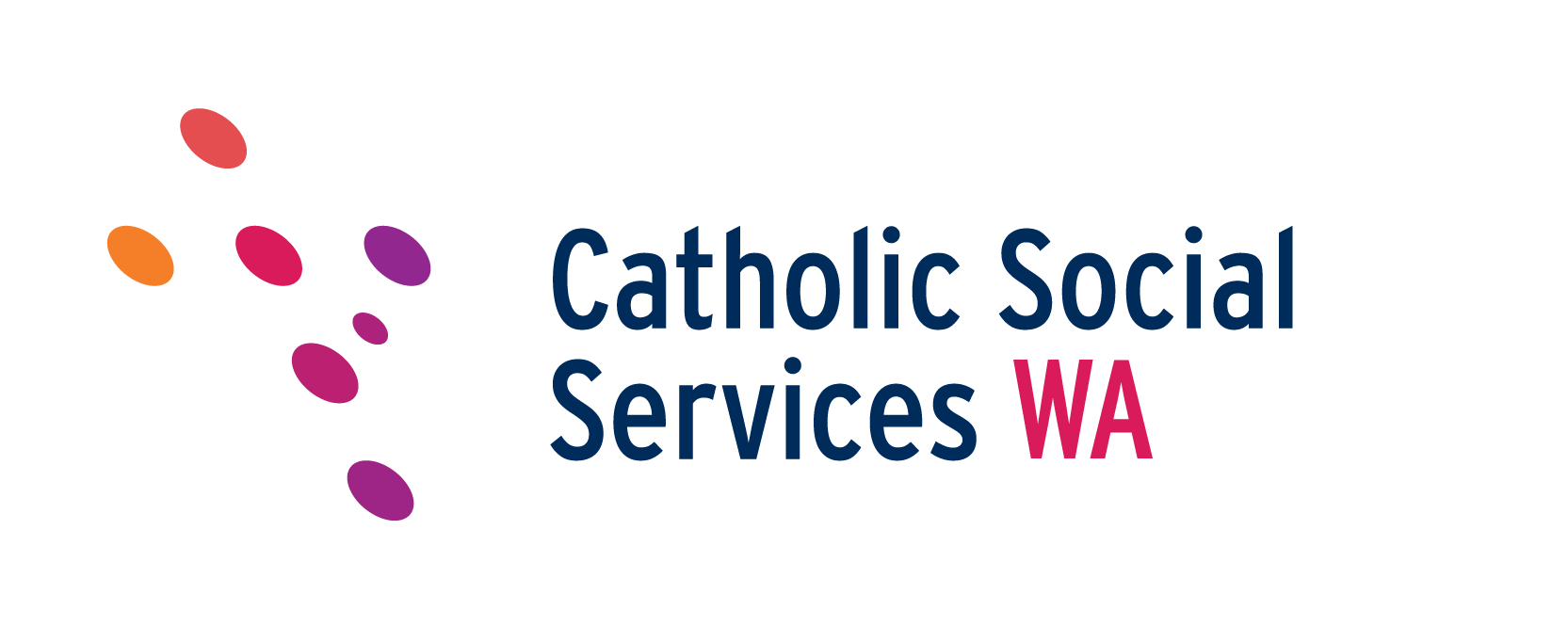- Catholic Social Services WA
- +61 8 9220 5950
- csswa@perthcatholic.org.au
Special Commission into ice hears that a lack of detox beds is holding up rehab in regional areas

PHOTO: David Kelly from the Maayu Mali Residential Rehabilitation Centre in Moree says a lack of detox beds in the region has created a bottleneck. (ABC News: Cecilia Connell)
A special commission of inquiry into the drug ice has heard that a lack of detox beds in large regional centres is preventing people from getting rehab.
The commission is holding its last regional hearings in the north-west New South Wales town of Moree, where rates of amphetamine use are the fourth-highest in the state.
The shire’s population is just over 13,000, but council waste workers told the inquiry they had found 50,000 used needles in the rubbish last year.
In her opening address, Counsel Assisting the Commission, Sally Dowling SC, told the hearing that there were no alcohol and other drug services for people under the age of 18 in north-western NSW.
David Kelly, from the Maayu Mali Residential Rehabilitation Centre, said ice addiction in Moree ran the gamut of age groups from pre-teens to over 60s.
“We know of a nine-year-old boy who has started to use ice and is physically addicted to ice, and fairly recently, a woman in our program here who was in her mid-60s and she’d only started using ice in her 50s,” he said.
The Maayu Mali Centre has 18 beds, but only four for women, and covers a massive area from Gunnedah in the south, to Bourke and Brewarrina in the west and even the NSW north coast, forcing people to travel away from the support of family and friends to get help.
A lack of detox beds has created a bottleneck, Mr Kelly said, as residential rehabilitation could only be offered to people who have been through detox first.
“For the New England and north-west NSW region, including Brewarrina, Bourke and all of that area, and here in Moree, Narrabri and Gunnedah, there are only four beds and they’re in Armidale, so obviously they’re hugely over subscribed and very difficult to get in to,” he said.
Aboriginal families afraid to reveal drug use
The inquiry was told Moree had almost twice the rate of children in out-of-home care than the state average, at more than 20 children per 1,000.
A child protection manager employed by the Department of Communities and Justice told the inquiry domestic violence was the main cause of children being taken into care.
Binnie Carter, the manager of child protection/triage at the Moree Community Services Centre, said Aboriginal families in Moree were reluctant to seek treatment for their drug use as they feared authorities would take their children away, raising memories of the Stolen Generations.
“There’s times when we might go into a home and people might still refer to us as ‘the welfare’ so there is that fear that if they do disclose to us, we’re just going to pick their children up and leave that day with them,” she said.
Ms Carter told the inquiry caseworker positions remain vacant for months on end as community services struggle to attract long-term skilled staff.
“We’re not going to get change overnight, where we have embedded long-term, domestic violence, drug use, homelessness, sometimes it could be generational,” Ms Carter told the hearing.
One of their programs runs for 18 months to two years, ideally with the same caseworker.
“Have we seen that in our service? No,” she said.
A lack of drug testing also reduced opportunities for diagnosis and treatment with the nearest facility for random drug testing in Inverell, 150 kilometres from Moree.
“In my [three years] in Moree, we have not successfully completed a 12-week drug testing process,” Ms Carter said.
This article first appeared in abc.net.au; First posted
Updated

